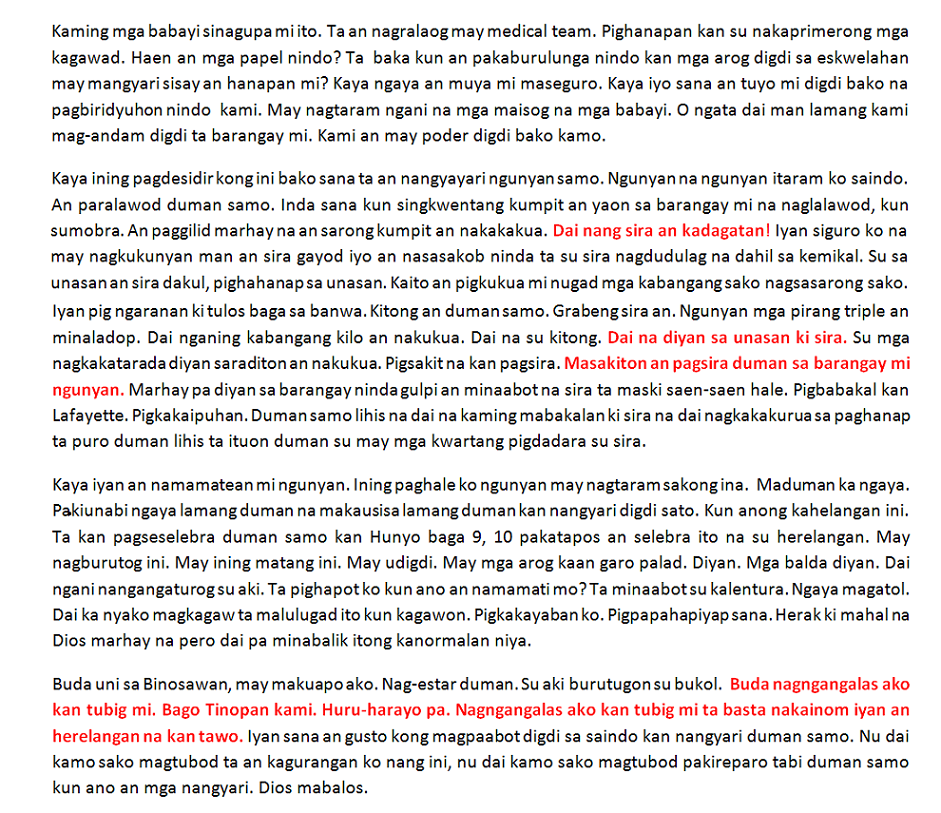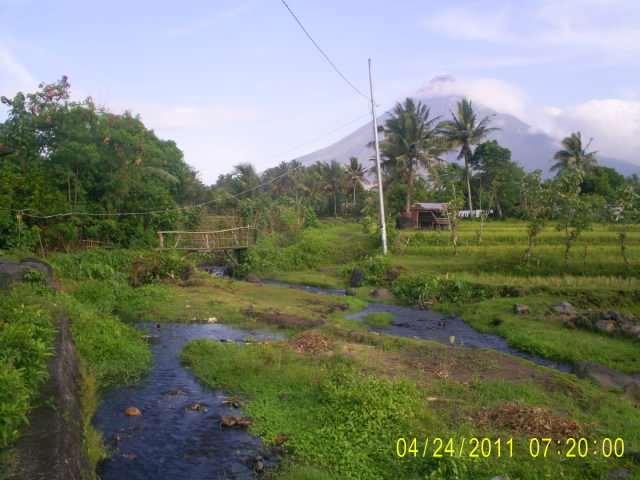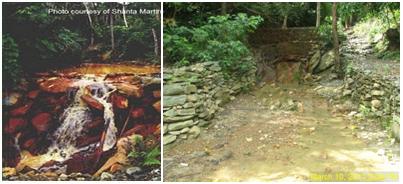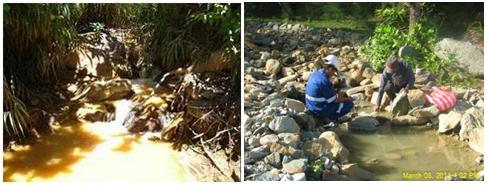Business Day (
http://allafrica.com/stories/200801100007.html
10 January 2008
Posted to the web 10 January 2008
Mathabo Le Roux
THE global banking industry is making slow progress in the formulation and implementation of credit policies that are socially and environmentally sound, according to a research report.
While such policies were starting slowly to evolve, there was a "worrying gap" between adopting policies and implementing them in investment decisions, the report said.
BankTrack, a network of 13 nongovernmental organisations, initiated the Mind the Gap assessment of credit policies of 45 banks worldwide to track sustainable financing.
The study assessed banks' policies in sectors including agriculture, mining, fisheries, and oil and gas. It examined policies on issues such as climate change, biodiversity, human and labour rights and taxation and rated them against a standard.
Among South African banks, Standard Bank and Nedbank were assessed.
The report found that only nine of the banks polled had policies on agriculture. Despite fish stocks depleting rapidly and widespread overfishing, only one had developed a policy on the fisheries and seafood sector. Only four had developed policies for mining and oil and gas, environmentally "high-impact sectors".
Climate change elicited the most comprehensive policy response from banks, with 31 having applied themselves. But the report lamented the lack of clear commitment to emission reductions, and generally found the policies of poor quality.
The two South African banks rated did not fare well. Out of a maximum possible score of four, Nedbank scored two for its policy on dams and institutional transparency and accountability; and got one for mining, oil and gas, biodiversity, toxics, climate change, human rights, indigenous peoples, labour rights and deal accountability.
Standard Bank scored zero for most policies and issues, but managed one for climate change policy. It fared better on institutional transparency, scoring two, and three for deal accountability.
The report also listed banks' involvement in what it dubbed "dodgy deals", projects with undesirable effects, such as adversely affecting communities where they operated or exploiting natural resources in an unsustainable manner.
Standard Bank was found to be associated with one such project, Australian mining company Lafayette Mining.
Standard Bank's Chinese shareholder, ICBC, is associated with no fewer than four "dodgy" deals, including serving as a principal banker for the China National Petroleum Corporation in Sudan, which the report said funded its investment in Sudan partly by providing arms to the Sudanese government.
ICBC was one of the principal bankers of Sinopec in
ICBC's other two "dodgy deals" related to a paper and pulp operation on Hainan Island, which was said to "unscrupulously exploit natural forest resources", and its relationship with power corporation China Datang, whose electricity generating capacity was mostly coal-fired, contributing to climate change and pollution.
































































































































No comments:
Post a Comment